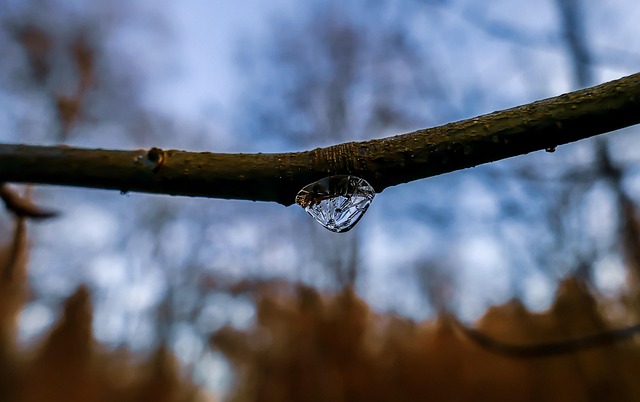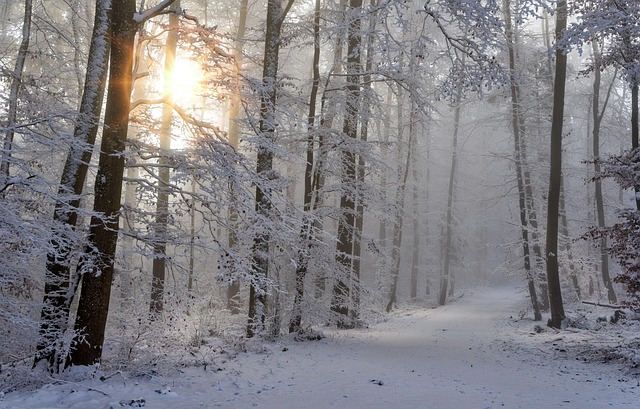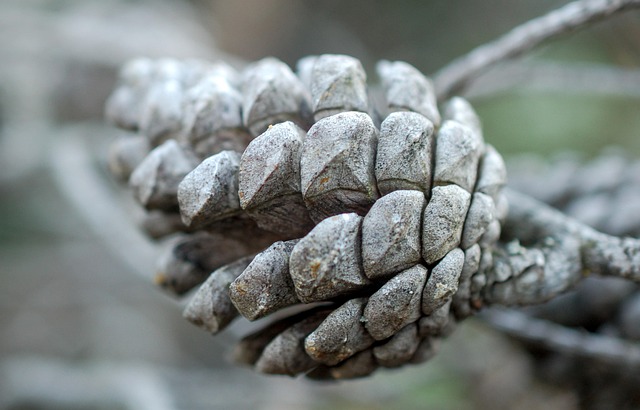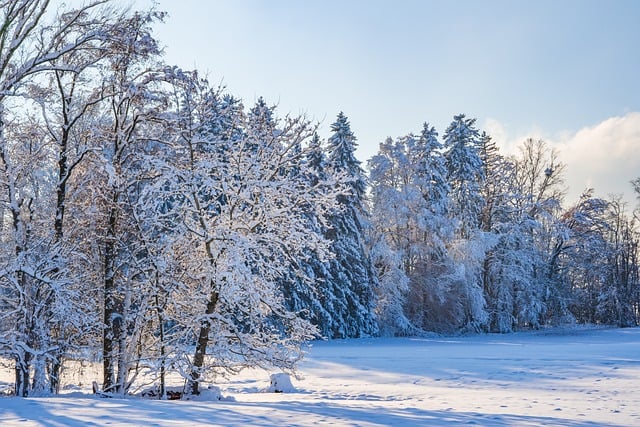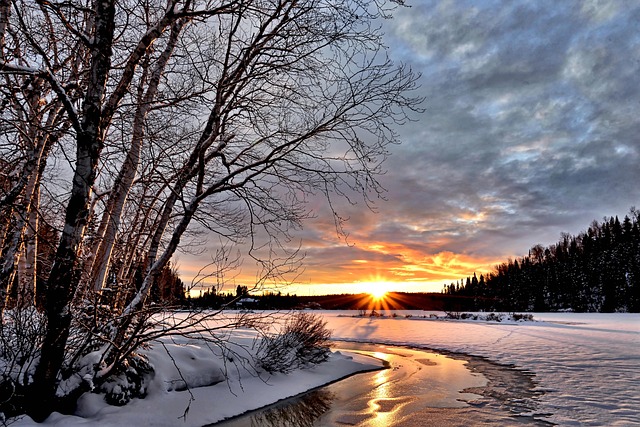Winter plumbing tips emphasize garage door closure for pipe prevention, insulation, and temperature control to avoid frozen pipes and water damage. Ensure proper sealing, inspect weatherstripping, insulate exposed pipes, maintain indoor temperatures, and clear drainage systems for a protected home during chilly months.
As winter sets in, it’s crucial to understand how extreme temperatures can impact your home’s plumbing. This article delves into essential winter plumbing tips, focusing on a often-overlooked ally: garage doors. We explore their role in protecting pipes from freezing and potential water leaks. Learn effective prevention measures, year-round maintenance tips, and gain insights into navigating the complexities of winter’s effect on your plumbing system.
- Understanding Winter's Impact on Plumbing
- The Role of Garage Doors in Protection
- Identifying Potential Water Leaks
- Implementing Effective Prevention Measures
- Year-Round Maintenance Tips for Plumbing
Understanding Winter's Impact on Plumbing

Winter can be a harsh season for plumbing systems, presenting unique challenges that often go overlooked. As temperatures drop, water pipes become more susceptible to freezing, which can lead to burst pipes and significant damage. This is especially true in areas with extreme cold snaps. When water freezes, it expands, putting immense pressure on pipes, fittings, and appliances. In severe cases, this pressure can cause pipes to crack or even burst, resulting in costly repairs and potential water damage to homes.
Implementing winter plumbing tips, such as insulating exposed pipes and keeping garage doors closed, is crucial. Garage doors play a vital role in protecting plumbing during winter. By keeping the garage door closed, you create an additional layer of insulation for pipes located within or near the garage. This simple action can prevent temperature fluctuations from affecting pipes, reducing the risk of freezing and subsequent damage.
The Role of Garage Doors in Protection

Garage doors play a crucial role in protecting your home’s plumbing system, especially during the colder months. As winter sets in, the extreme temperatures can significantly impact pipes and water lines. By keeping garage doors closed, you create an additional barrier against freezing conditions. This simple step helps prevent pipes from bursting due to thermal expansion and contraction, which is a common winter plumbing issue.
In addition, garage doors insulate your home, reducing heat loss and maintaining a consistent temperature. This is particularly important for spaces directly connected to the outdoors, like garages. By minimizing temperature fluctuations, you lower the risk of water pipes freezing and bursting, thereby safeguarding your winter plumbing tips and ensuring a more comfortable and damage-free home environment.
Identifying Potential Water Leaks

Winter can be a challenging season for your home’s plumbing system. With freezing temperatures, pipes can burst, leading to costly water damage. One simple yet often overlooked preventive measure is ensuring your garage doors are closed tightly. This step may seem mundane, but it plays a crucial role in protecting against potential water leaks.
Regularly inspect your garage door’s sealing mechanism and weatherstripping. Over time, these components can deteriorate or become misaligned, allowing cold air to enter and warm air to escape, creating an energy-inefficient and leak-prone environment. During winter plumbing tips checks, look for any signs of damage, wear, or gaps that could permit water intrusion. By maintaining a secure garage door seal, you create a barrier against freezing temperatures and potential water leaks, ensuring your plumbing system remains intact throughout the cold season.
Implementing Effective Prevention Measures

Implementing effective prevention measures is key to safeguarding your plumbing system during chilly winter months. One simple yet powerful step is ensuring your garage doors are properly closed and sealed. This physical barrier acts as a shield against potential pipes freezing, which can lead to costly damages. By keeping out cold air, you minimize the risk of water inside them turning into ice, thus preventing bursts that could disrupt your home’s plumbing system.
For added protection, consider insulating exposed pipes in your garage and using weatherstripping around the garage door to create a tighter seal. These winter plumbing tips not only help maintain the efficiency of your heating systems but also play a vital role in preserving your home from potential plumbing disasters caused by extreme cold temperatures.
Year-Round Maintenance Tips for Plumbing

Maintaining your plumbing system year-round is essential, especially in extreme weather conditions like winters. Here are some key tips for keeping your pipes and plumbing healthy during the colder months:
1. Insulate Pipes: Protect exposed pipes from freezing temperatures by insulating them with foam or heat tape. This prevents water inside from turning to ice, which can lead to costly damage. In areas prone to severe winters, consider insulating all outdoor pipes to avoid disruptions in your plumbing system.
2. Drain and Vent Check: Regularly inspect your drainage systems and vents. Winter weather can cause blockages due to fallen leaves or snow accumulation. Keeping these clear ensures smooth water flow and prevents pressure build-up, which could lead to potential leaks or burst pipes.
3. Winterize Outdoor Faucets: Don’t forget to winterize outdoor water sources. Turn off the valve supplying water to exterior faucets, then drain any remaining water from the pipes to avoid freezing. This simple step can save you from costly repairs in the spring.
4. Monitor Heat Sources: Maintain a consistent indoor temperature to keep plumbing systems running smoothly. Extreme temperature fluctuations can stress your plumbing, leading to issues over time. Using space heaters or ensuring your furnace is well-maintained can contribute to a comfortable and safe winter for your pipes.

